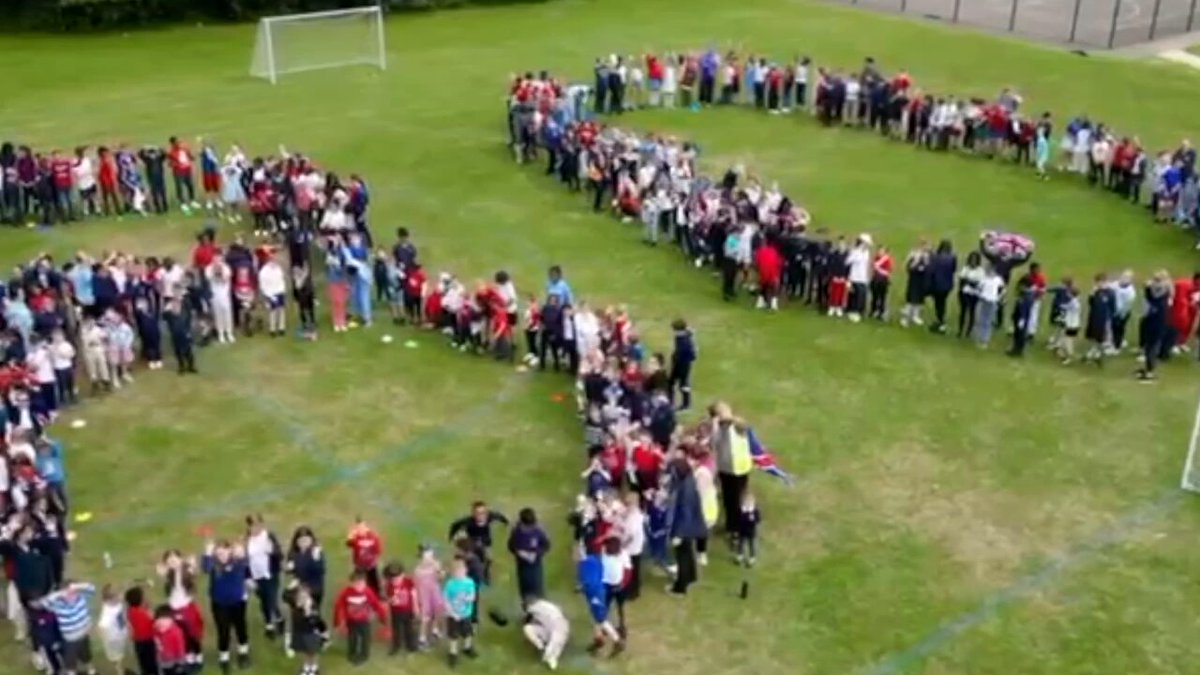History
History At Freshwaters
At Freshwaters, we feel that the teaching of history is essential for our children to develop an understanding of the past and how that has impacted on our lives today. Our creative curriculum is used to inspire and motivate our children to ask questions, to be curious and become modern day historians. Studying history enables the children to use a range of skills; including critical thinking, examining evidence, use of timelines and the understanding of new vocabulary. The vocabulary linked to a specific area of history is taught at the beginning of each lesson to enable all our pupils to access their learning without any barriers. A Big Question is then used to open up an enquiry led lesson and a range of resources used to draw conclusions and greater understanding of events.
‘The Investigation of the meaning of words is the beginning of education’ – Antisthenes 455 BC
History is taught by class teachers in three annual modules from Nursery through to year 6. In our Early years, history is taught through storytelling, carpet time and immersive play. We believe in bringing history to life, which includes role play, drama, the use of documentaries, media, visiting groups, immersive days and visits to a range of museums.
What will our historians be learning?
Nursery
Nursery pupils begin their journey by learning about their Family History. At the end of the year they look at the concept of Past and Present and begin to compare objects and ideas.
Reception
Our Reception pupils begin the year by recapping their Family History and then move onto looking at Mary Anning and her amazing discoveries and how this links to current day natural historian, David Attenborough. At the end of the year they once again look at the Idea of Past and Present and delve much deeper into how things have changed over a period of time.
Year 1
In year one they look at how toys have changed and developed over time in their module of Toys Past and Present. They then focus on Florence Nightingale and look at how medicine during this time compares to our current National Health Service. At the end of the year, they move on to study the events that led up to and caused The Great Fire of London, culminating in a day in the life of a Londoner during this period in history.
Year 2
Year 2 begin the year by looking at Castles during the Mediaeval period and what life was life for those that lived in them. They then look at Intrepid Explorers, including Christopher Columbus and Neil Armstrong. They finish the year discovering Famous Queens of Britain, including: Queen Elizabeth the First, Queen Victoria and Queen Elizabeth the second and how their reigns differed during the periods of history.
Year 3
Year 3 start the year looking at the Norman invasion of 1066. Next, the year group study ancient Britain in the topic - Stone Age to Iron Age and compare life during this time to modern days. Year 3 finish the year investigating the Invaders and Settlers during Roman times and the impact the Roman invasion had on the Celts in Britain.
Year 4
In year 4 they start the year by looking at the key events of World War 2. In the Spring term, they look at the amazing world of Ancient Egypt and delve into the pyramids, mummification and the worshipping of the many gods. They end the year by looking at the Anglo Saxons and Vikings and research the mystery behind the archaeological discoveries at Sutton Hoo.
Year 5
Year 5 begin the year by looking at the events that led up to World War 1. They discover what life was like for both soldiers and civilians and the impact this great war had on Europe and the rest of the world. During the spring term, year 5 focus on Who were the Ancient Greeks? How the Greeks lived, their art and the impact they had on modern life with the introduction of democracy and monarchs. Year five finish the year looking at the fascinitaing Victorian era.
Year 6
Year 6 begin their history modules with Medicine and Disease, which looks at how this has changed and developed since prehistoric times to our current National Health System. They investigate key people and important discoveries during history. During the Spring term, year 6 focus on social history in the topic 'World at War', with particular emphasis on the impact of Adolf Hitler, Prisoners of War and propaganda. Year 6 complete the year by looking at The Atlantic Slave Trade and the links between Britain, West Africa and America. The history of these events are discussed and the impact that this has made on current history and the changes it brought about.

























